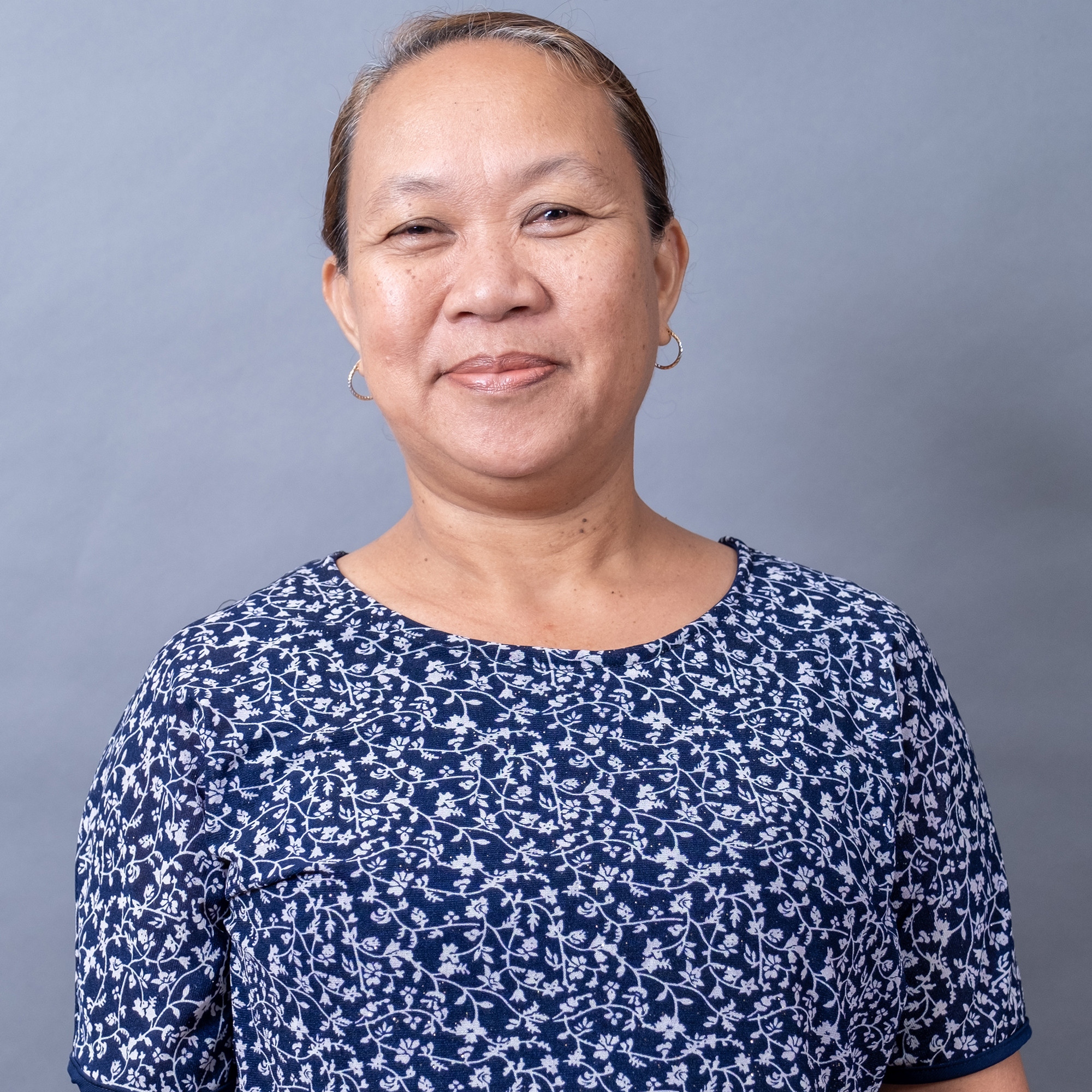Teresita C. Mirafuentes
Biography Narrative
Teresita Cesar Mirafuentes is a faculty of the College Department of Ateneo de Davao University, Philippines, since 2010 and St. Francis Xavier College Seminary since 2003. She has had extensive exposure to community development as an NGO worker before joining academia, and has worked as a consultant to different government and non-government agencies, serving as a community development and training specialist on community organizing, participatory research, gender and development, stress management, group process and organizational development. She is also an affiliate of the Ateneo de Davao University Center of Psychological Extension and Research Services as disaster and war responder debriefing survivors and combatants of conflict.
Teresita finished her undergraduate in psychology, a master’s degree in participatory development under the Canada-Asia Partnership Scholarship Program and master’s in psychology under the College of Information Technology and Computer Science of the University of the Cordilleras Higher Education Development Project Scholarship Program. She is currently writing her dissertation for doctorateinrural development. She is a registered Psychometrician and plans to pursue clinical psychology with a specialization on family therapy. As a fulfilled mother of three children in partnership with her husband, she wants to help families be united, strengthened and preserved.
Interreligious Activities and Initiatives
Inter-Religious Dialogue for Health
The initiative will help the government reach out the people through Information, Education and Communications (IEC) Programs. There will be training and planning sessions of the barangay health workers who need assistance for IEC and they will be provided materials like tarpaulin and stickers to disseminate information. Important part of the training is how to dialogue. To address the emerging challenge of the health sector of non-participation of community members to health protocols because of their religious beliefs. The volunteer health workers from the barangay should be trained on how to handle patients of different backgrounds with respect and without prejudice applying the principle of inclusive, justice, dialogue and peace in collaboration with different religious leaders. There will be assessment prior to the implementation to determine the five barangays to be the recipient of the initiative in collaboration with different leaders of both the local government and religious sectors. Part of the qualification criteria is the evidence of religious reasons for the non-participation of members in health protocols.
Integration of Inter-Religious Dialogue in Teaching Catechism Among School Catechists of Virgen de los Remedios Parish
The project is very important as it will build capacity of the school catechists in the parish to continue implement the initiatives for peace and development. Hence, it will further improve efforts to do away with stereotypes, prejudice and discrimination. Strategizing to ensure sustainability of forming young people to be conscious towards dialogue and peace are the key functions of project.
Dialogue and peace initiatives in Mindanao gathered significant gains in the process of change. Some very important organizations are Silsilah Dialogue Movement, Bishop-Ulama Conference in Mindanao and other related organizations with the same vision, mission and goals that motivate others to do the same in their own capacity like integration of inter-religious dialogue in the curriculum in some universities. I like what the Vatican Insider’s article on inquiries and interviews entitled “Not just conflicts, but inter-religious dialogue takes root in Mindanao” (Dec. 21, 2018) where they interviewed Fr. Sebastiano D’Ambra, founder of Silsilah Dialogue Movement. Experiences of conflict call for the emergence of coming together to resolve conflict and live together in peace and harmony with each other is the common dreams and aspirations of every movement.

